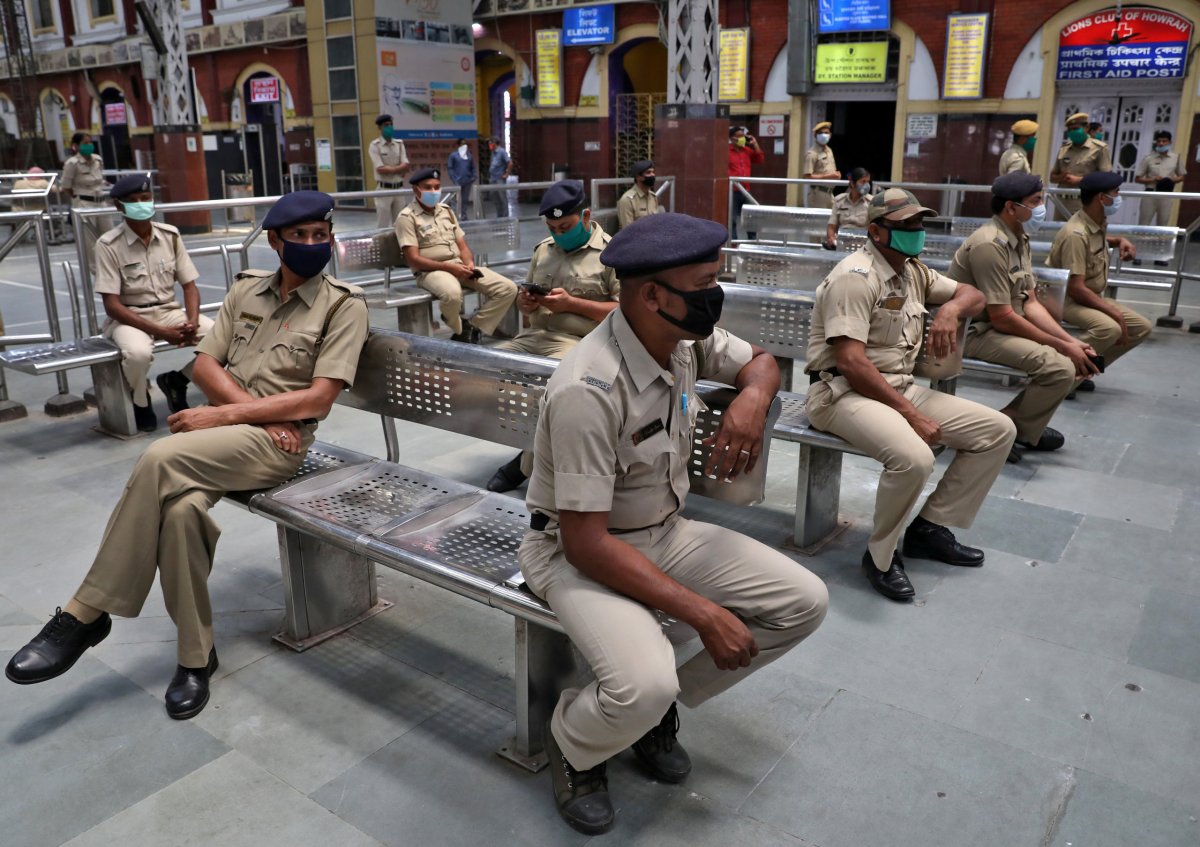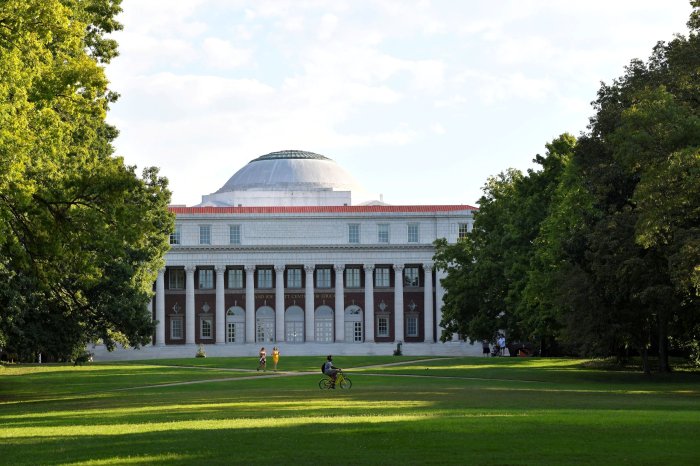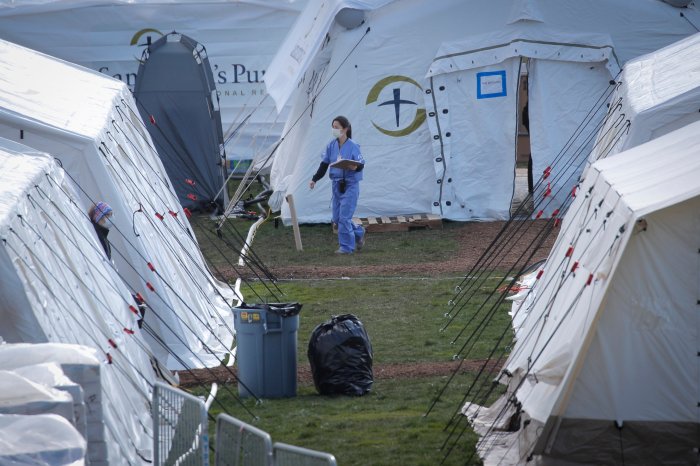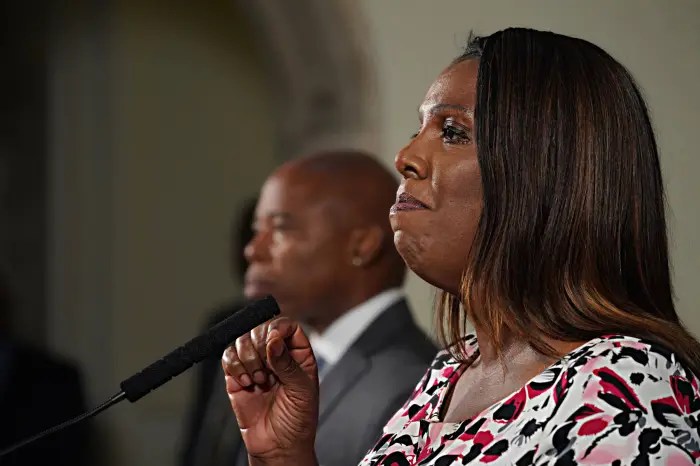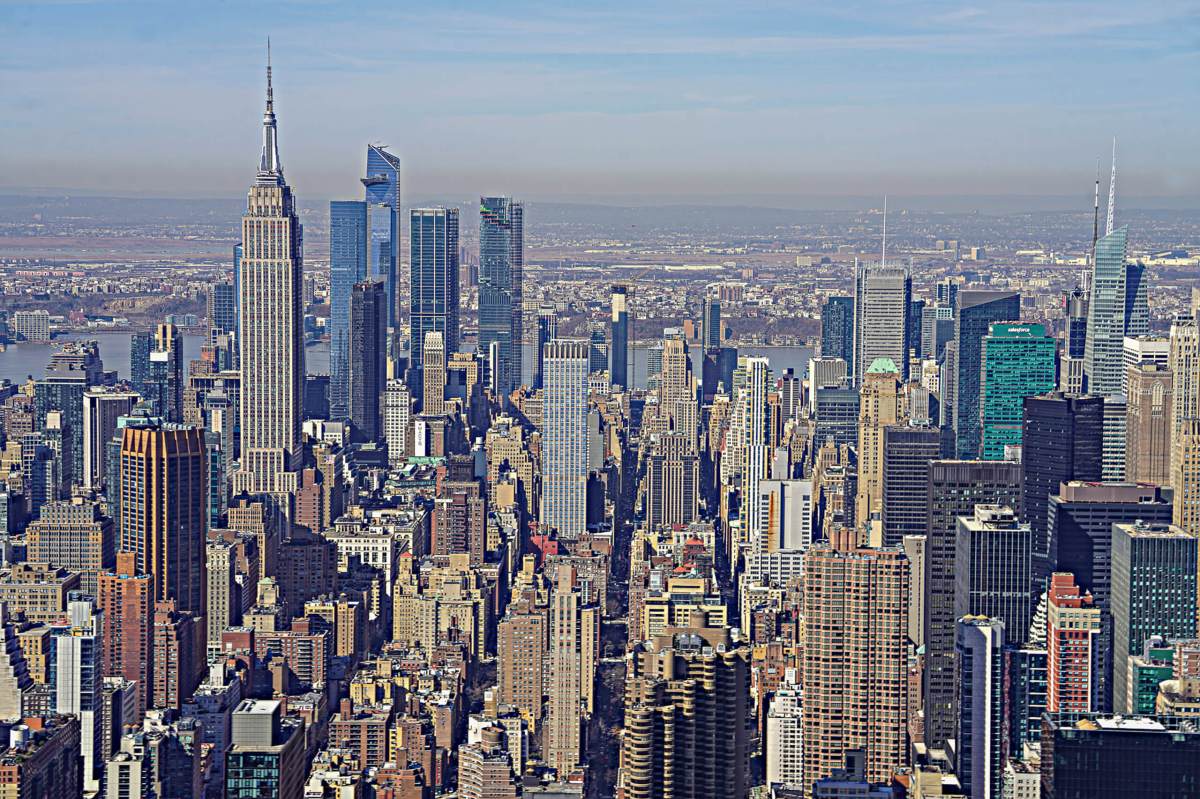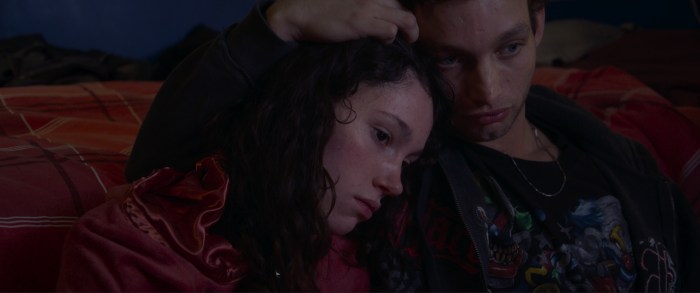NEW DELHI/COLOMBO (Reuters) – India will pull out of a three-week lockdown in phases, Prime Minister Narendra Modi said on Thursday, as officials battle to contain the country’s biggest cluster of coronavirus infections in the capital, New Delhi.
The shutdown, which has brought Asia’s third-largest economy to a shuddering halt, had been due to end on April 14.
Modi ordered India’s 1.3 billion people indoors to avert a massive outbreak of coronavirus infections, but the world’s biggest shutdown has left millions without jobs and forced migrant workers to flee to their villages for food and shelter.
He told state chief ministers that the shutdown had helped limit infections but that the situation remained far from satisfactory around the world and there could be a second wave.
“Prime minister said that it is important to formulate a common exit strategy to ensure staggered re-emergence of the population once lockdown ends,” the government quoted him as saying in a video conference.
India has had 2,069 confirmed infections, of whom 53 have died, low figures by comparison with the United States, China, Italy and Spain.
But the big worry is the emergence of a cluster in Delhi because of a gathering held by a Muslim missionary group last month that has spawned dozens of cases across the country, officials said.
Thousands of people visited the headquarters of the Tablighi Jamaat in a cramped corner of Delhi over several days in March, including delegates from Muslim-majority countries Indonesia, Malaysia and Bangladesh.
About 9,000 people linked to the Tablighi have been tracked down including 1,300 foreigners and transferred to either quarantine centres or hospitals, a top official said.
These people had either attended prayers and lectures at the Tablighi’s headquarters in the densely packed neighbourhood or came into contact with them later.
“This has emerged as a critical node in our fight against the coronavirus,” the official leading the operation to trace potential virus carriers told Reuters. He spoke on condition of anonymity as he was not authorised to speak to the media.
The Tablighi is one of the world’s largest proselytising groups, drawing followers from the South Asian Deobandi branch of Sunni Islam.
Its leader, Maulana Saad Kandhalvi, issued an audio message to his followers asking them to cooperate with the government to fight the disease.
“We have to take precautions, follow the guidance of the doctors and give full support to the government such as not crowding into places,” he said. “This is not against the principles of Islam.”
Muslims make up about 14% of India’s 1.3 billion population, the largest Muslim minority in the world.
Health experts have warned that the death toll could surge across South Asia, home to a fifth of the world’s population and with weak public health systems.
Bangladesh, home to about 160 million people, has extended a lockdown that was initially intended to last 10 days by a week, so it will last till April 11, the Public Administration Ministry said in a statement.
Pharmaceuticals and export-oriented factories such as the garments industry, which account for over 80 percent of overseas shipments, can keep running, the ministry said.
“If the garment factory owners want, they can run their factories following proper health guidelines,” Commerce Minister Tipu Munshi said.
The economic fallout of lockdowns is already starting to show. On Thursday, Moody’s Investor Service said it expects Pakistan’s GDP growth to fall from its earlier forecast 2.9% to 2.0-2.5% for fiscal 2020.
“Consumption of services, which has underpinned growth in recent years, will be adversely affected by the movement restrictions,” a Moody’s Investors Service Credit Outlook article said.
Sri Lanka’s central bank asked Sri Lankans overseas to deposit their foreign currency holdings in Sri Lankan banks to help the country tide over the economic pain.
The island nation’s key export earners, including tourism, textiles and garments and worker remittances, have ground to a halt.
Sri Lanka’s election commission on Thursday also asked the president to seek a Supreme Court ruling on a date for parliamentary elections, which were to be held on April 25 but were recently delayed.
Following is data on the spread of the coronavirus in South Asia, according to government figures:
-Pakistan has registered 2,386 cases, including 32 deaths.
-India has registered 2,069 cases, including 53 deaths.
-Sri Lanka has registered 151 cases, including three deaths.
-Afghanistan has registered 259 cases, including four deaths.
-Bangladesh has registered 56 cases, including six deaths.
-Maldives has registered 31 cases and no deaths.
-Nepal has registered six cases and no deaths.
-Bhutan has registered five cases and no deaths
(Additional reporting by Aftab Ahmed in New Delhi; Ruma Paul in Dhaka, Asif Shahzad in Islamabad, Gopal Sharma in Kathmandu; Editing by Simon Cameron-Moore and Nick Macfie)

